Google and Fiat-Chrysler team up for self-driving car
Engineering teams join forces in first-of-its-kind deal to make fully autonomous minivans
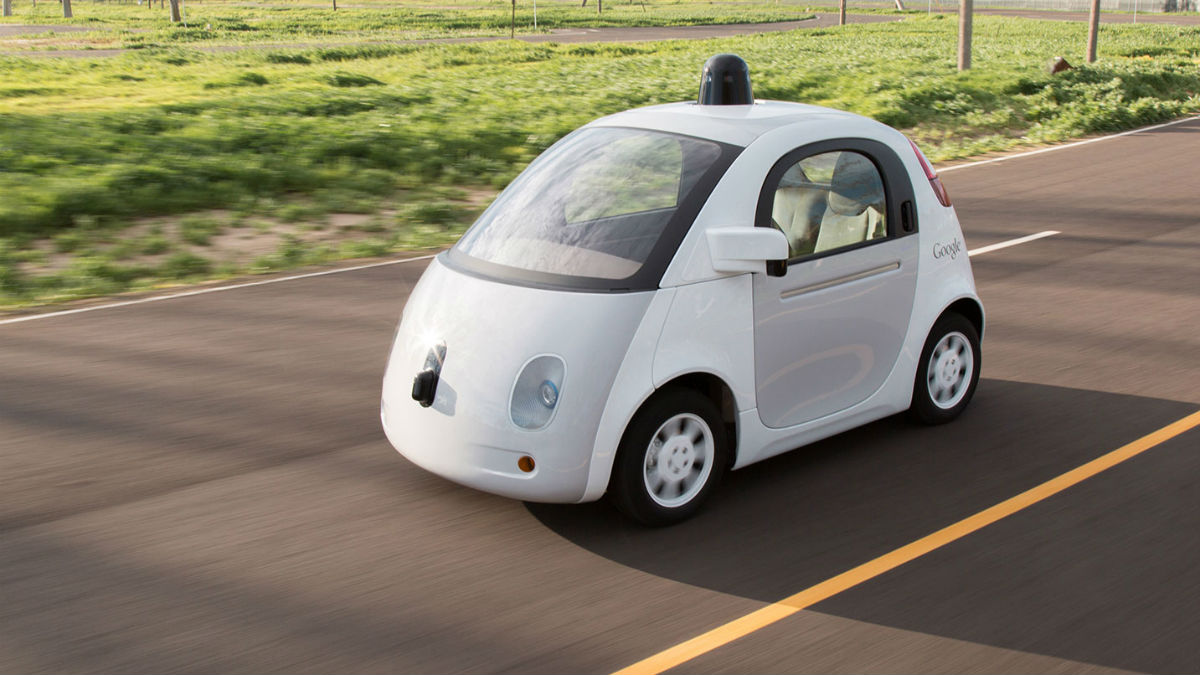
A free daily email with the biggest news stories of the day – and the best features from TheWeek.com
You are now subscribed
Your newsletter sign-up was successful
12 February
Google's ambitions to deliver self-driving cars complete without pedals or a steering wheel could become a possibility in the future after a huge legal breakthrough.
In a letter to the internet giant, the US National Highway Traffic Safety Administration says it has changed its point of view that any vehicle without a human driver would not be considered roadworthy, reports the BBC.
The Week
Escape your echo chamber. Get the facts behind the news, plus analysis from multiple perspectives.

Sign up for The Week's Free Newsletters
From our morning news briefing to a weekly Good News Newsletter, get the best of The Week delivered directly to your inbox.
From our morning news briefing to a weekly Good News Newsletter, get the best of The Week delivered directly to your inbox.
Developments in the autonomous car arena have led the governmental body, which is responsible for setting many of the rules and regulations on US roads, to accept "it is more reasonable to identify the driver as whatever (as opposed to whoever) is doing the driving".
The letter continues: "In this instance, an item of motor vehicle equipment, the Self-Driving System, is actually driving the vehicle."
The BBC says this mean driverless cars are "one crucial step closer to being allowed on public roads".
The Daily Telegraph says the warming in attitudes from governing bodies such as those in the United States may point to rapid acceleration of the technology, but that cars with no pedals or steering wheels are still too controversial to pass in law and that Google will seek clarification on the issue as they are keen to introduce such models. The announcement certainly opens up the idea of them, however.
A free daily email with the biggest news stories of the day – and the best features from TheWeek.com
Recognising the vehicle as drivers has crossed a huge hurdle in terms of insurance liability. Google and other companies developing the technology have said they would accept full responsibility for any accidents that are the car's fault. Legally naming the vehicle itself as driver means liability looks certain to rest with companies, not owners.
Google has previously clashed with authorities over driverless-car rules, citing frustration that governments are placing too much red tape around the technology and not allowing it to flourish.
The company believes cars with no controls are actually safer than those with them, says Time, as it is thought it will reduce the temptation for drivers to intervene unnecessarily.
Google's self-drive car heads for toughest test yet
04 February
Google's self-driving car development programme is moving to a new testing location in the US to see the technology in action against a new, tougher element - rain.
Developers are heading to Kirkland, in Washington state, for what The Guardian is calling the "toughest test to date", with the car facing a rainy spring in the mountainous Pacific Northwest.
The company has a campus in the city and Washington's hands-off approach to self-driving cars is thought to appeal to Google, which has expressed frustrations with other authorities in the past.
While news that the internet giant is to test its car in wet conditions isn't exactly groundbreaking, rain has the potential to seriously hamper self-driving vehicles as it can disrupt their systems.
Rainfall reduces the range and accuracy of the car's Lidar sensor system, obscures onboard cameras and can create confusing reflections and glares.
Google specifically chose the location due to its reliable rainfall, having previously used California and Texas for more temperate testing.
The company has also been drawn to Washington state for its hilly terrain. The sensors on Google's test mules are fixed in position, meaning steep bits of road can result in them pointing straight into the sky or the ground, leaving them oblivious to the car's surroundings.
Google has already run up some 1.4 million miles in its testing programme so far, says Time. Introducing the vehicles to harsher environments shows the level of refinement their engineers have set out to achieve.
Modified road cars will run the gauntlet first and then Google will begin to test its in-house Koala cars.
The Pacific Northwest is the first of four new US locations the company is visiting in order to test a variety of conditions and road types.
Google's self-drive car in 13 near-misses
14 January
Drivers had to take control of Google's self-drive cars to prevent an accident on 13 occasions during tests.
A 32-page report filed by the company to the Californian Department of Motor Vehicles says that in 15 months of testing, over 424,331 miles, the autonomous vehicles were involved in 272 incidents where the car itself detected a failure and "disengaged", prompting the driver to take control.
There were also 69 cases of drivers themselves taking charge due to a perceived threat, 13 of which would have resulted in an accident if the driver had not taken control, according to Google.
Autocar says the figure shows "how much work is still to be done before Google’s self-driving vehicles can reliably and safely operate unaided".
Google's figures are based on digital replays of disengagements carried out on its online simulation programme, which they say can accurately predict the behaviour of drivers and pedestrians to determine the outcome of potential accidents and say if driver intervention was necessary.
The software means Google can report only on times when driver intervention is justified - in reality, their test drivers took control of the cars on thousands of occasions for various reasons.
Google is pushing to introduce a fully autonomous car that has no driver controls other than those used to select a destination. The Guardian reports that the figures are "a blow" to those ambitions and that Californian-based campaign group Consumer Watchdog says cars still need a driver ready and able to take control.
"How can Google propose a car with no steering wheel or brakes when its own tests show that in 15 months the robot technology failed and handed control to the driver 272 times and a driver decided to intervene 69 times?" says the group's John M Simpson.
Google's unwillingness to report every incident and instead use simulations to waive most of them has also come under criticism.
Despite this, the number of disengagements per mile has been falling. Time reports those caused by faults fell from one per 785 miles in the fourth quarter of 2014 to one every 5,318 a year later. This is a trend which "looks good", according to Google's head of the driverless car project, Chris Urmson.
Other companies and manufacturers such as Mercedes-Benz and Volkswagen have submitted their data, too, revealing fewer incidents but also having racked up far fewer miles. Tesla reported no disengagements over the 15-month period, though did not indicate how many miles it had covered.
The Telegraph highlights a recent study commissioned by Google and conducted by the Virginia Tech Transportation Institute which found that self-driving cars are "objectively safer than regular ones", with a crash rate of 3.2 per million miles compared to the US average of 4.2.
Google and Ford in talks to build self-driving cars
22 December
Tech giant Google and automaker Ford are to join forces and create a new company specialising in autonomous cars, according to reports.
First reported by Yahoo, the deal between the two companies will be announced at the 2016 Consumer Electronics Show, set to be held in Las Vegas in January.
The move is also reported to be a part of Ford's planned expansion into the business of automated ride sharing and on-demand transport, described by the International Business Times as being 'Uber-like.'
The deal would be a huge boost for Ford, a company that has been developing autonomous technology for some time now and was recently granted permission to test driverless cars on Californian roads.
By partnering with Google, the automaker gains access to the technology company's 53-strong fleet of driverless cars, and 1.3 million miles of self-driving data.
As for Google themselves, the deal would see them benefit from Ford's expertise in the mass manufacturing of cars and mean that they would avoid spending billions of dollars developing their own manufacturing methods to make vehicles.
It is understood that the collaboration will come under a new name and will be "legally separate from Ford." The debate over who is liable for accidents involving driverless cars has become a sticking point for legislators. Car companies such as Volvo and Google themselves have already come out and said they will accept responsibility, whereas new Californian state proposals would see blame laid at the feet of the occupant.
Yahoo also reports that the deal will be 'non-exclusive', and Google has been speaking to other automotive manufacturers.
A Ford spokesperson told The Verge: "We have been and will continue working with many companies and discussing a variety of subjects related to our Ford Smart Mobility plan." However, they added that they do not comment on speculation.
Jalopnik highlights how Ford has recently been referring to itself as a "mobility company", and that the manufacturer has its sights firmly set on new technologies such as autonomous vehicles and electric propulsion.
Ford recently announced plans to invest $4.5 billion into creating an all new range of electric cars by 2020.
The Consumer Electronics Show where the deal is likely to be announced is fast becoming a popular event for automotive manufacturers keen to unveil their new car tech. Last year saw large automakers such as Mercedes-Benz reveal self-driving concepts, and this year will see Audi, BMW, Volkswagen, and mysterious start-up Faraday Future reveal new concept cars and new technologies.
Google 'planning to introduce' self-driving cars to UK
14 December
Google has held several face-to-face meetings with the UK government over the issue of driverless cars on UK roads, according to the Daily Telegraph.
The US-based internet firm met Department for Transport officials on five occasions between January 2014 and July 2015, according to records available under the freedom of information act.
The meetings suggest Google is interested in bringing the technology to the UK market when driverless cars eventually launch, and signal that they believe the UK's attitude towards the technology is going to make it a key market for their autonomous vehicles.
The reports do not say if Google is planning to bring its current driverless car-testing programme to the UK. However, they do show Google bosses believe Britain will develop the laws which will be needed for the introduction of driverless cars.
Since 2012, Google's California-based testing programme has covered over one million miles on public roads autonomously, and the company expects the technology to be available to motorists in 2020.
Yahoo reports that in July, the government set aside £20m for research fund for autonomous cars, as well as setting out ground rules regarding their testing.
According to a meeting held at Google's London headquarters in February, Sarah Hunter – head of the 'Google X' technology research division – said that the attitudes of the UK government and motor industry in developing the framework surrounding self-driving vehicles "could be seen as an example of best practice".
The meetings also reveal Google's interest in how to insure driverless cars. Owing to the vehicles being controlled by computers and not drivers, the insurance model would be based around manufacturer liability in "all cases", says Yahoo.
-
 ‘Poor time management isn’t just an inconvenience’
‘Poor time management isn’t just an inconvenience’Instant Opinion Opinion, comment and editorials of the day
-
 Bad Bunny’s Super Bowl: A win for unity
Bad Bunny’s Super Bowl: A win for unityFeature The global superstar's halftime show was a celebration for everyone to enjoy
-
 Book reviews: ‘Bonfire of the Murdochs’ and ‘The Typewriter and the Guillotine’
Book reviews: ‘Bonfire of the Murdochs’ and ‘The Typewriter and the Guillotine’Feature New insights into the Murdoch family’s turmoil and a renowned journalist’s time in pre-World War II Paris
-
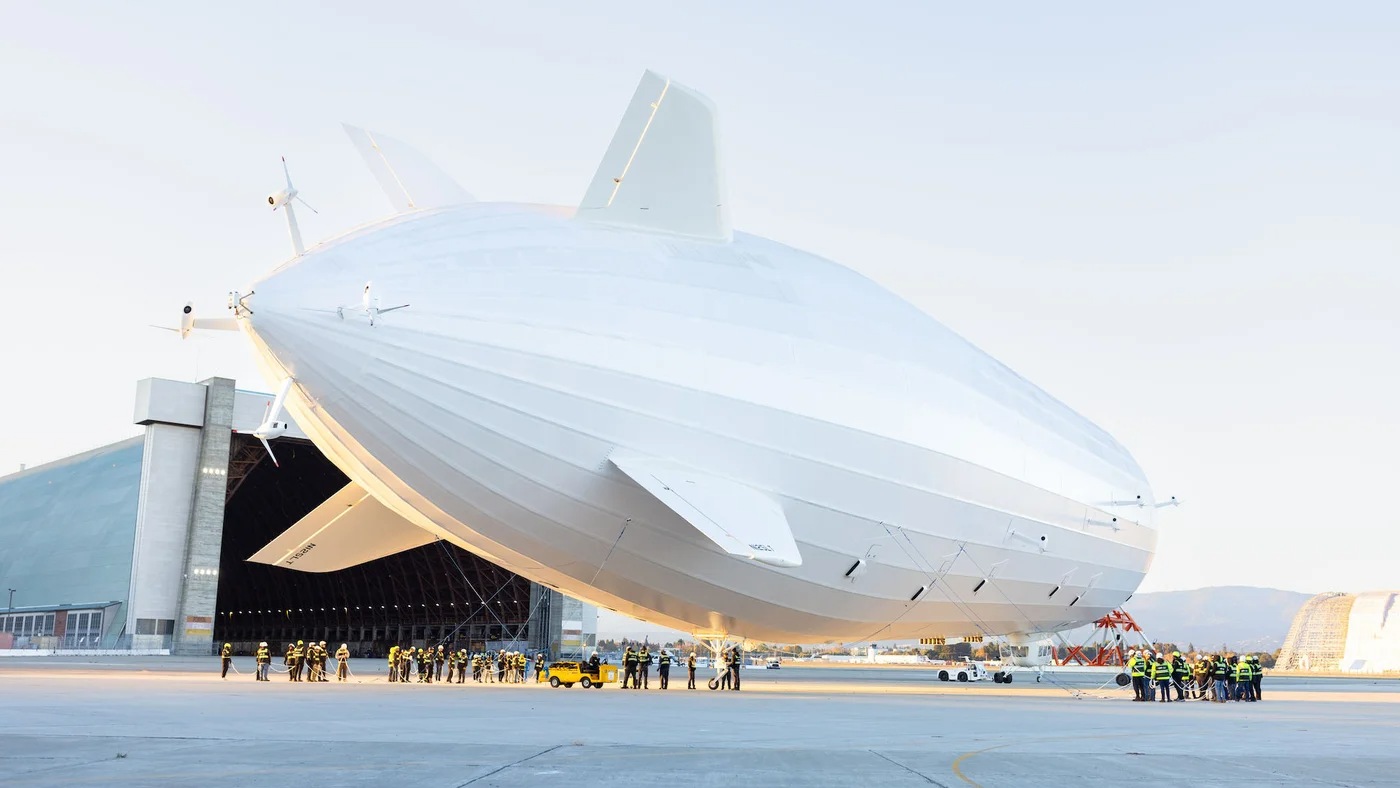 Pathfinder 1: world's largest aircraft unveiled in California
Pathfinder 1: world's largest aircraft unveiled in CaliforniaSpeed Read Vast electric airship promises 'climate-friendly' transportation and humanitarian aid
-
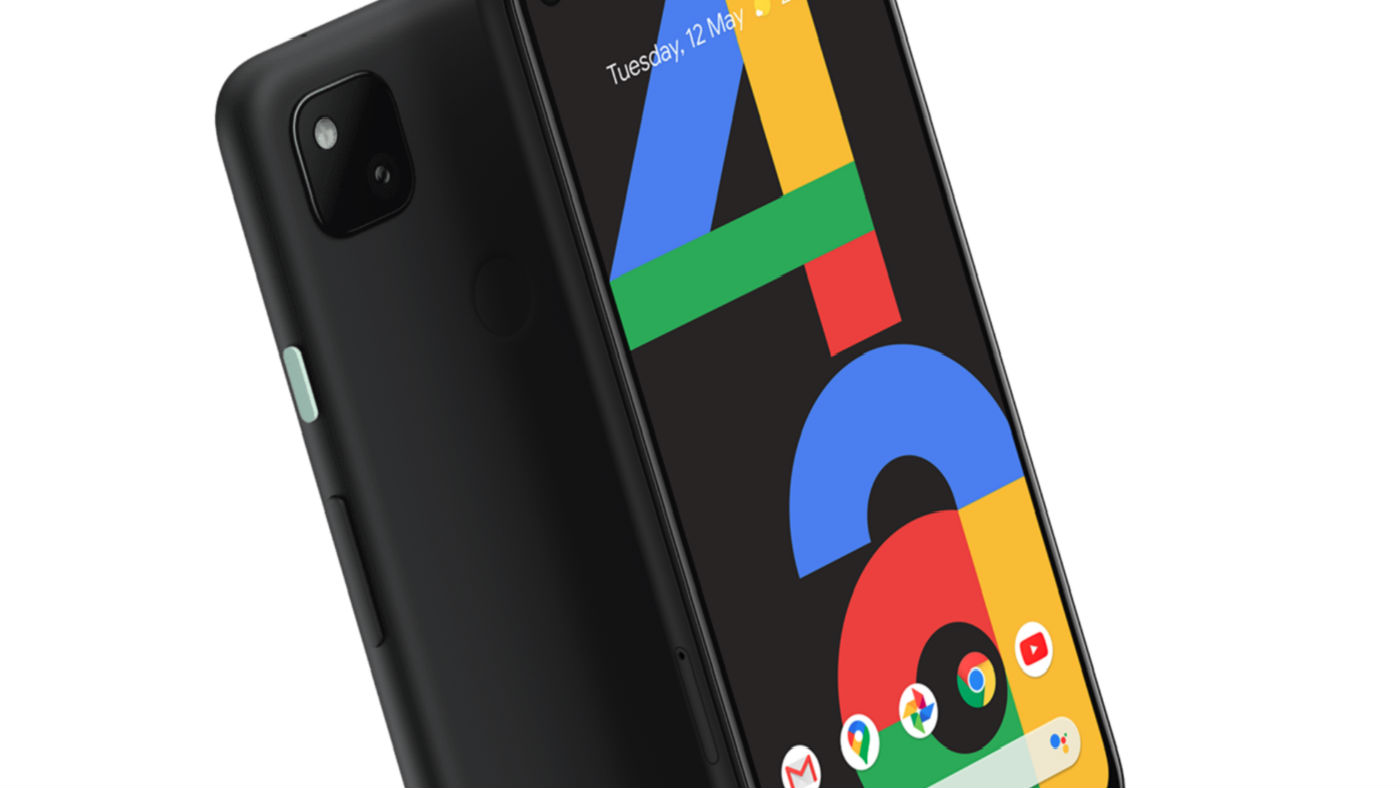 Google Pixel 4a review: shoot for the moon - and the stars
Google Pixel 4a review: shoot for the moon - and the starsThe Week Recommends The new handset offers Night Sight camera mode and long battery life for just £349
-
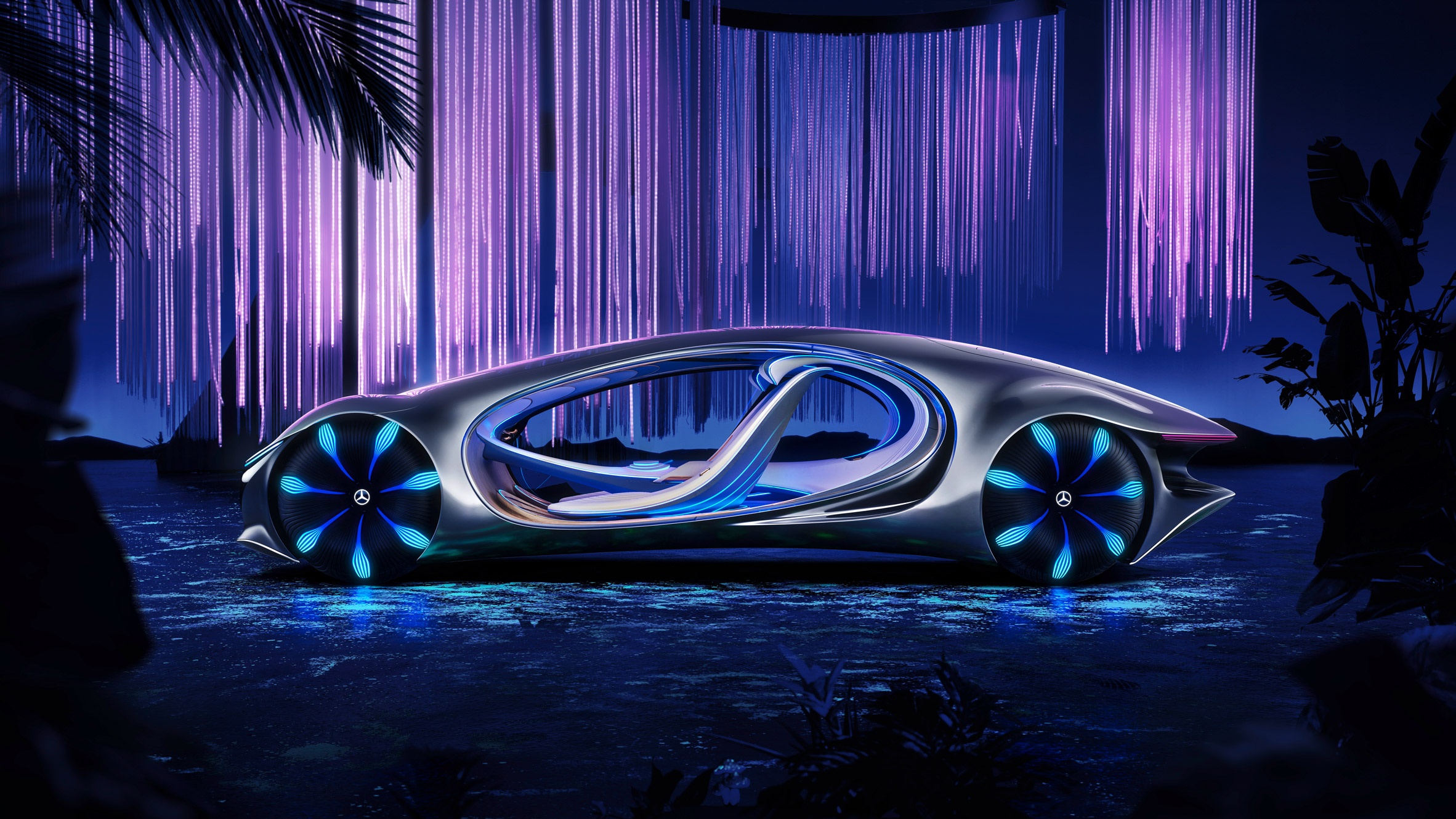 Mercedes-Benz unveils futuristic concept car inspired by Avatar film
Mercedes-Benz unveils futuristic concept car inspired by Avatar filmSpeed Read The concept vehicle has reptilian scales and moves ‘like a crab’
-
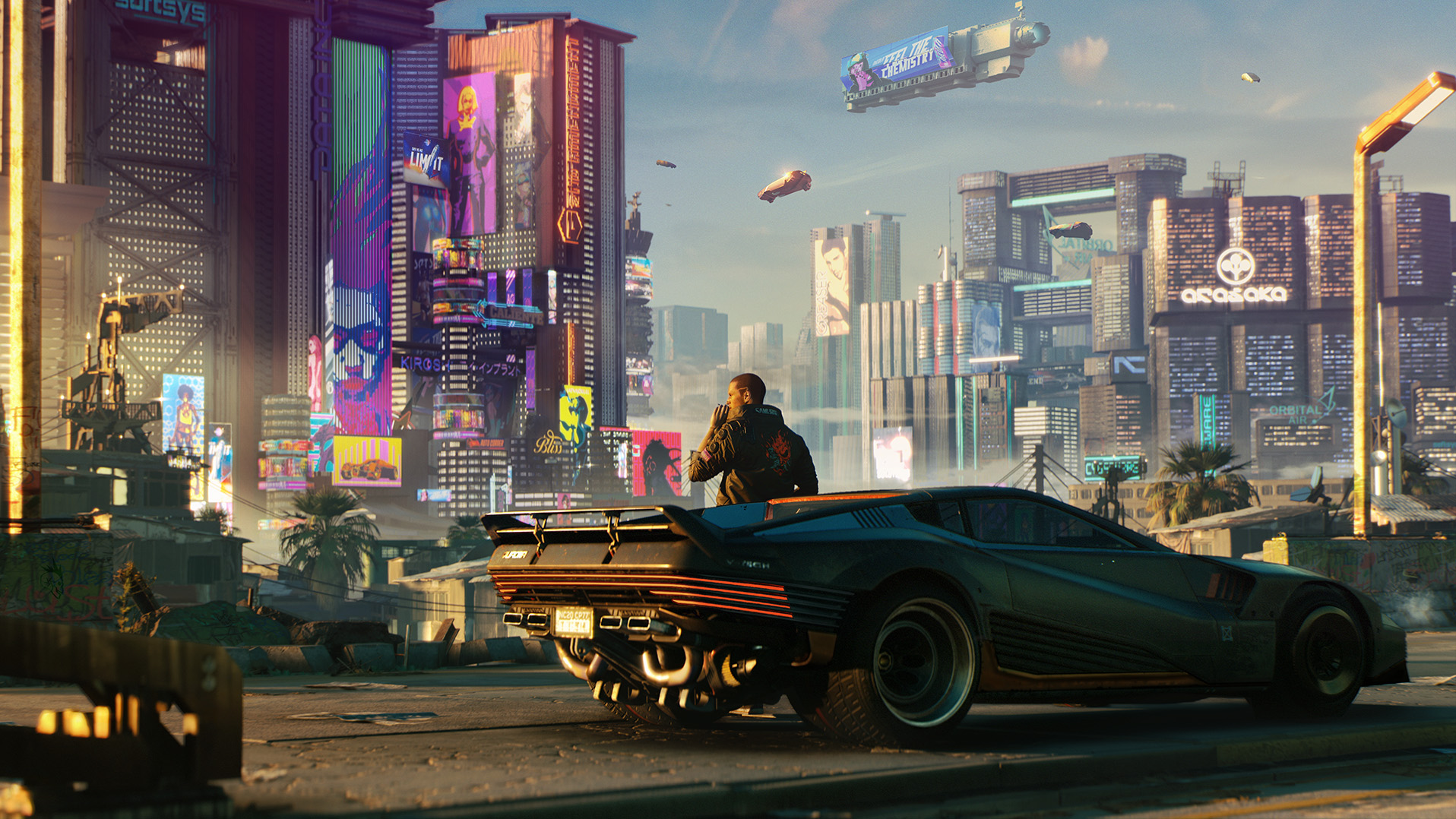 20 best new video games to play in 2020
20 best new video games to play in 2020The Week Recommends It’s a huge year in gaming with new titles and consoles hitting the market
-
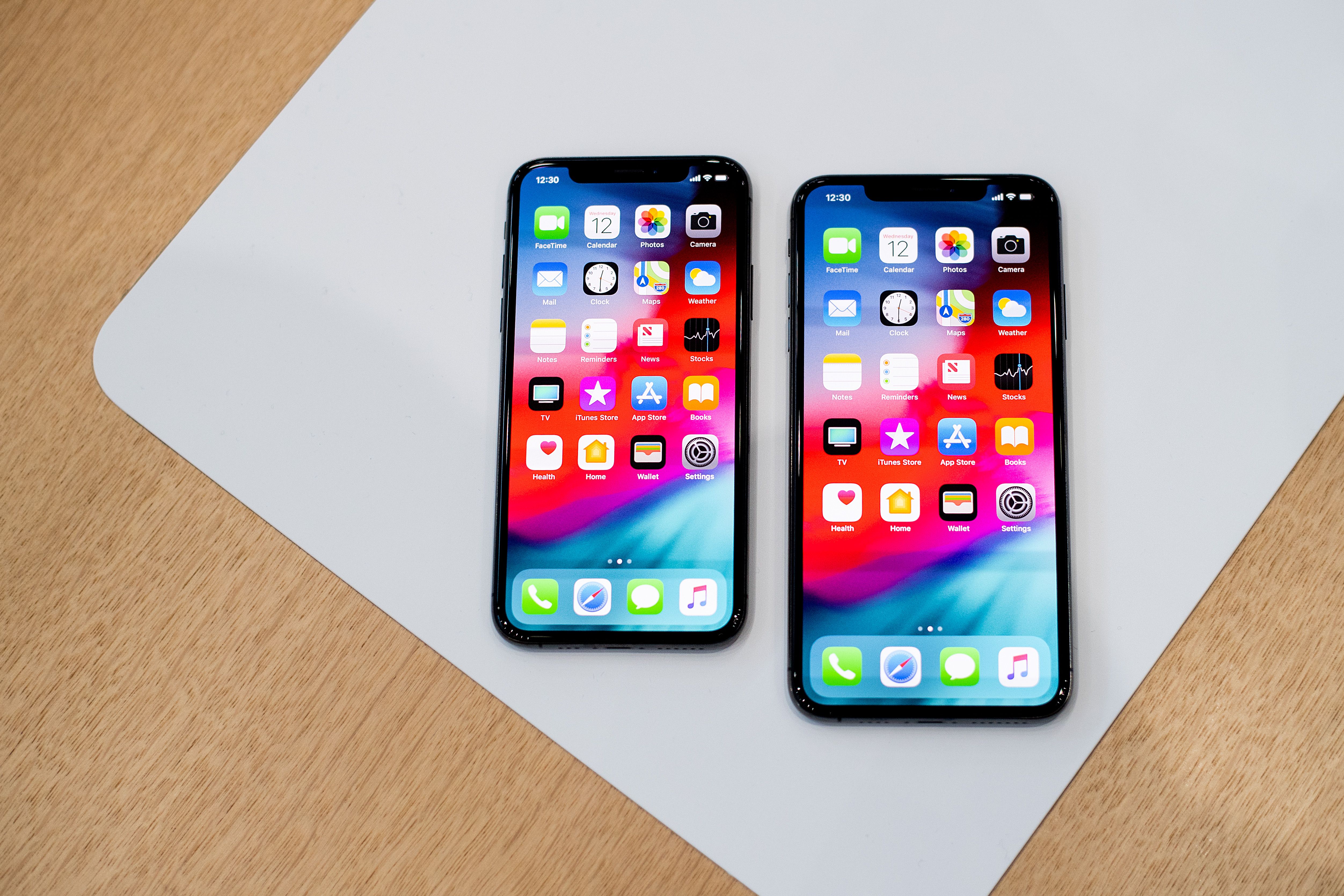 Huawei P30 Pro vs. iPhone XS Max vs. Google Pixel 3 XL: which one is best?
Huawei P30 Pro vs. iPhone XS Max vs. Google Pixel 3 XL: which one is best?The Week Recommends The Chinese tech giant’s latest smartphone goes on sale tomorrow - here’s how it compares to its main rivals
-
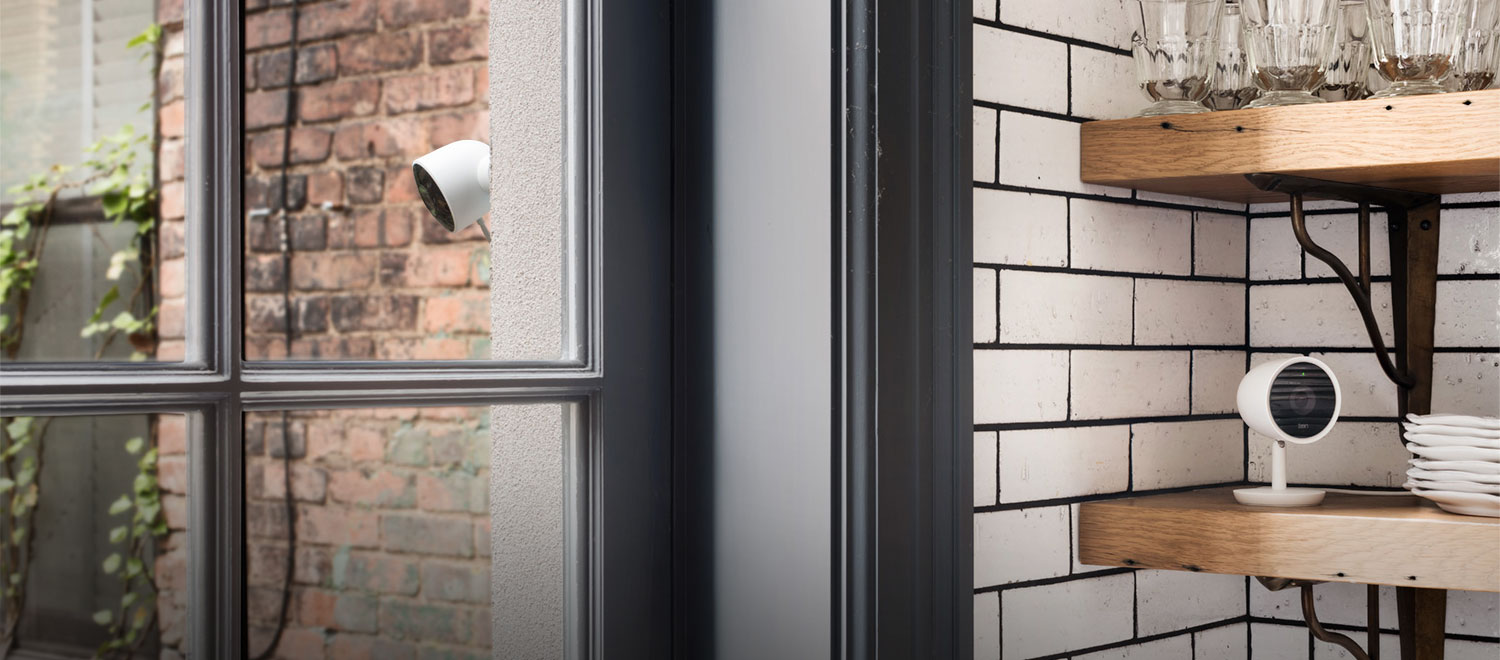 Smart protection: monitor your home with Google and Nest
Smart protection: monitor your home with Google and NestThe Week Recommends Internet-connected doorbells, security cameras and smoke alarms can help set your mind at rest
-
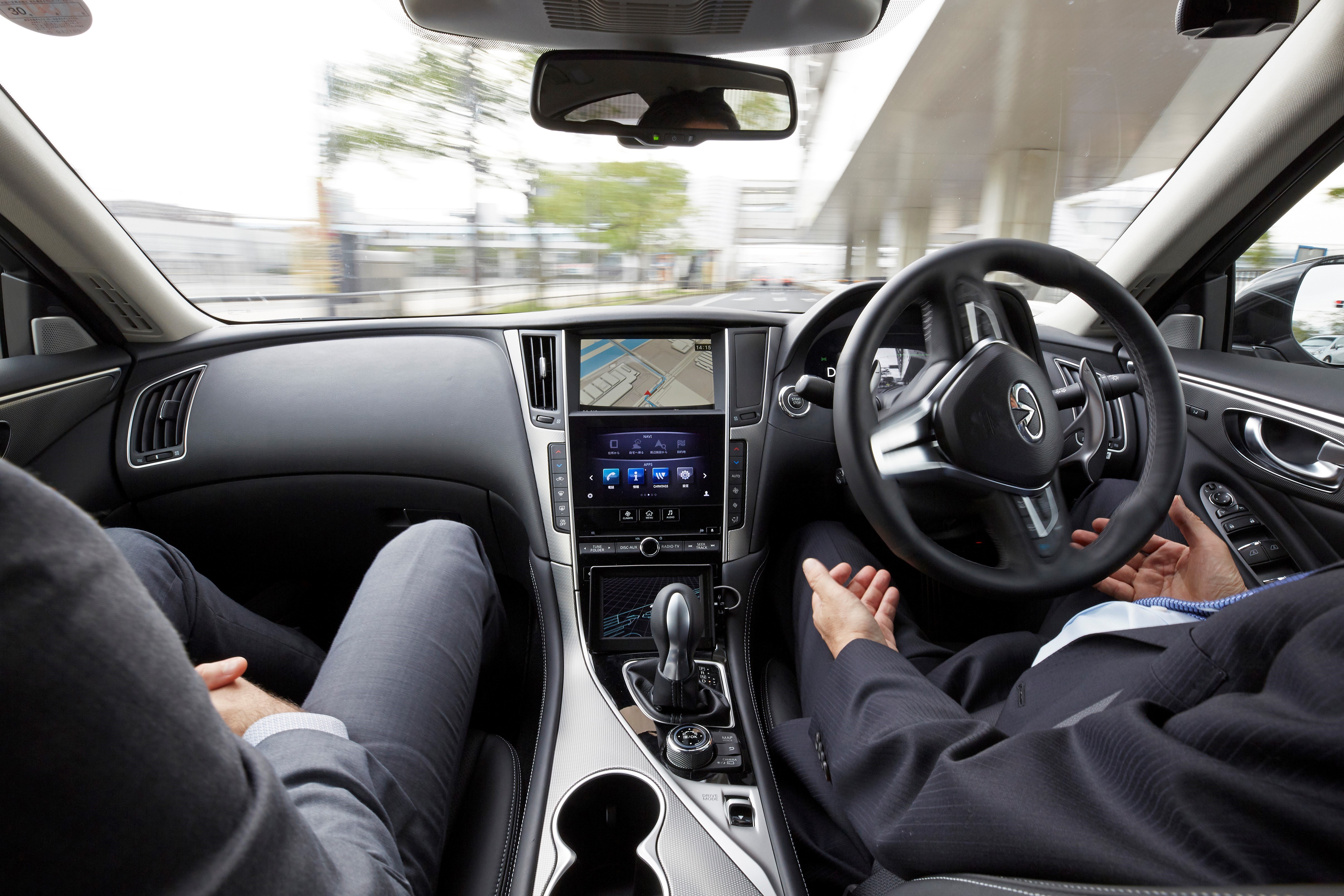 Will self-driving cars cause ‘gridlock’ on city streets?
Will self-driving cars cause ‘gridlock’ on city streets?In Depth New study finds autonomous vehicles will cruise around while unoccupied in order to dodge parking fees
-
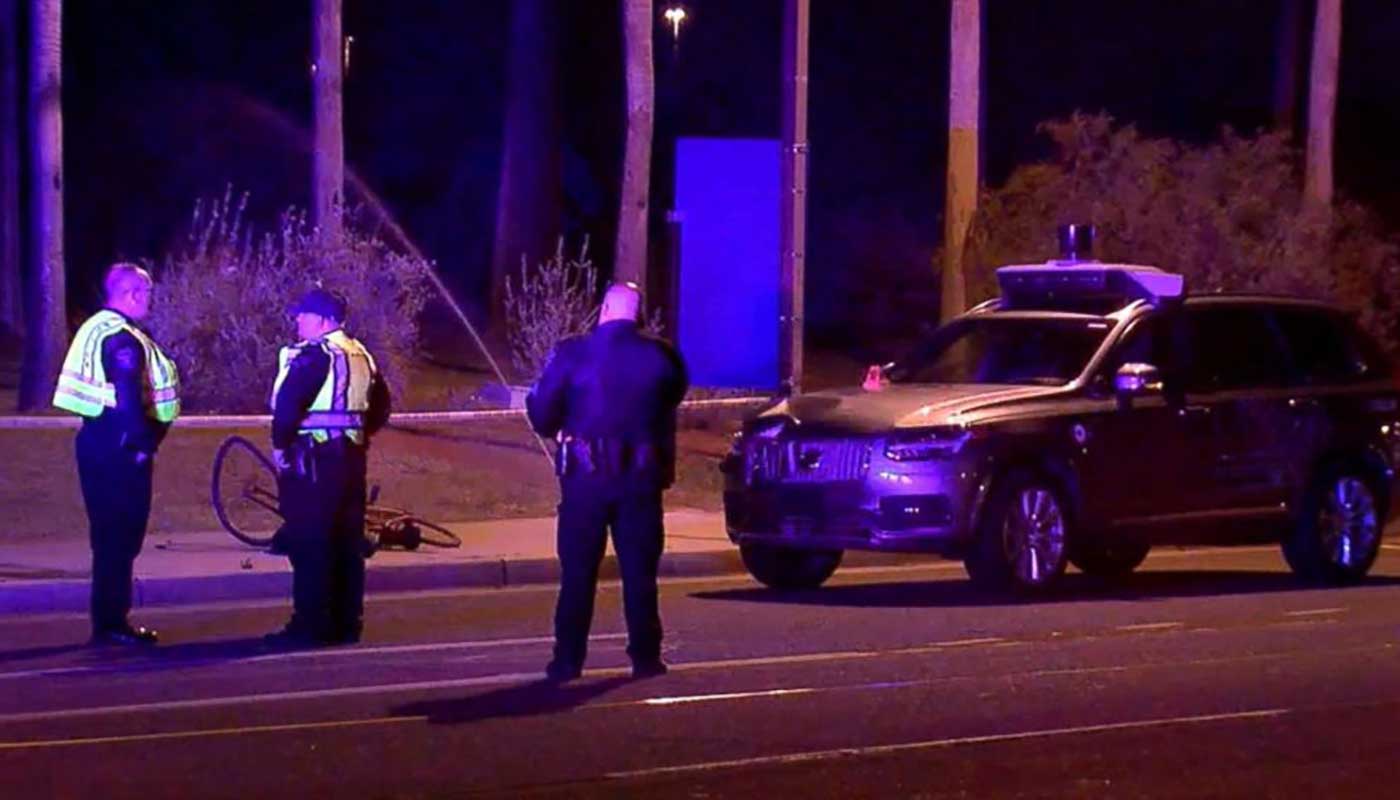 Uber was warned of driverless car dangers before fatal crash
Uber was warned of driverless car dangers before fatal crashSpeed Read Former manager claimed the self-driving vehicles were ‘hitting things nearly every 15,000 miles’